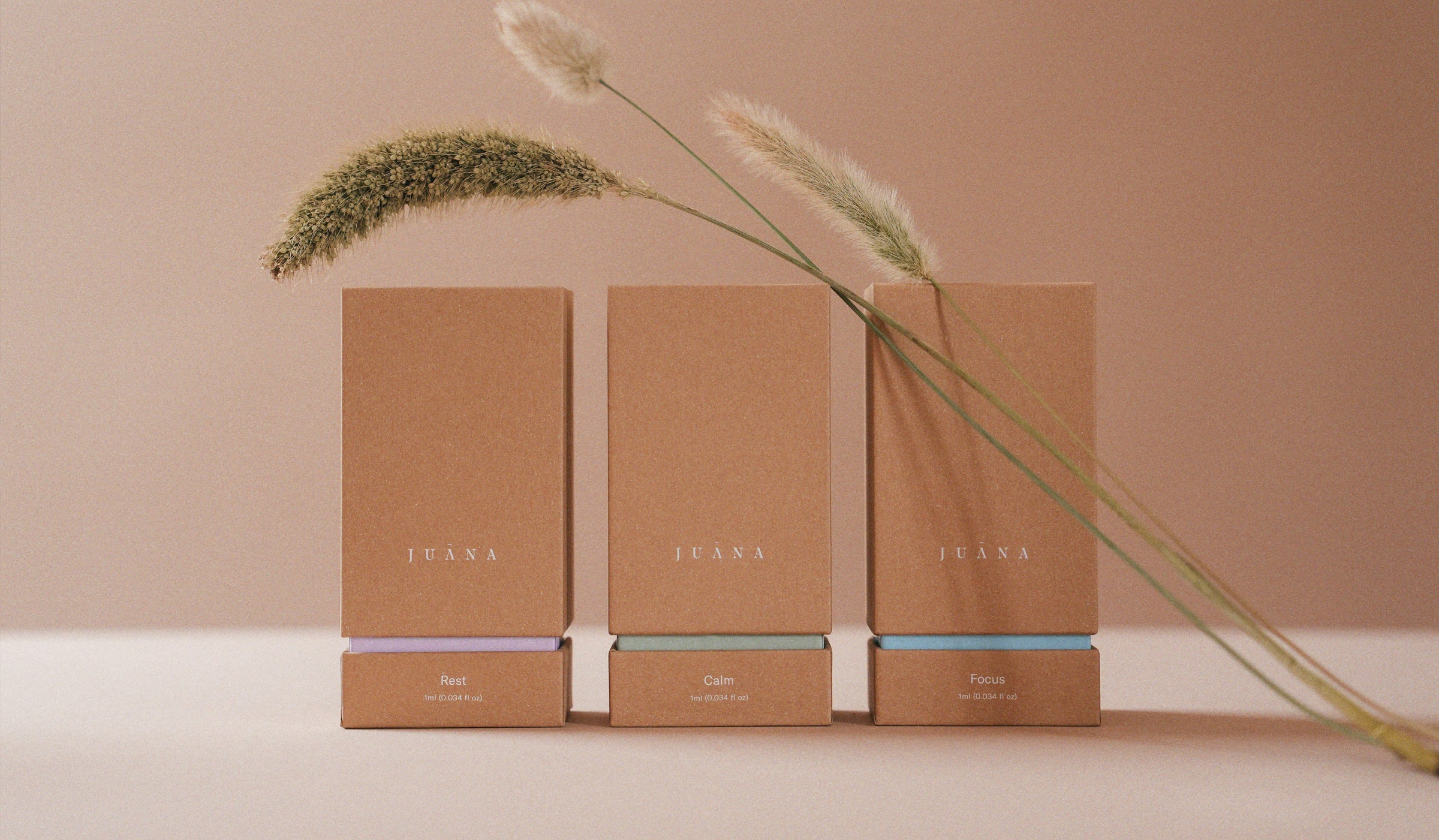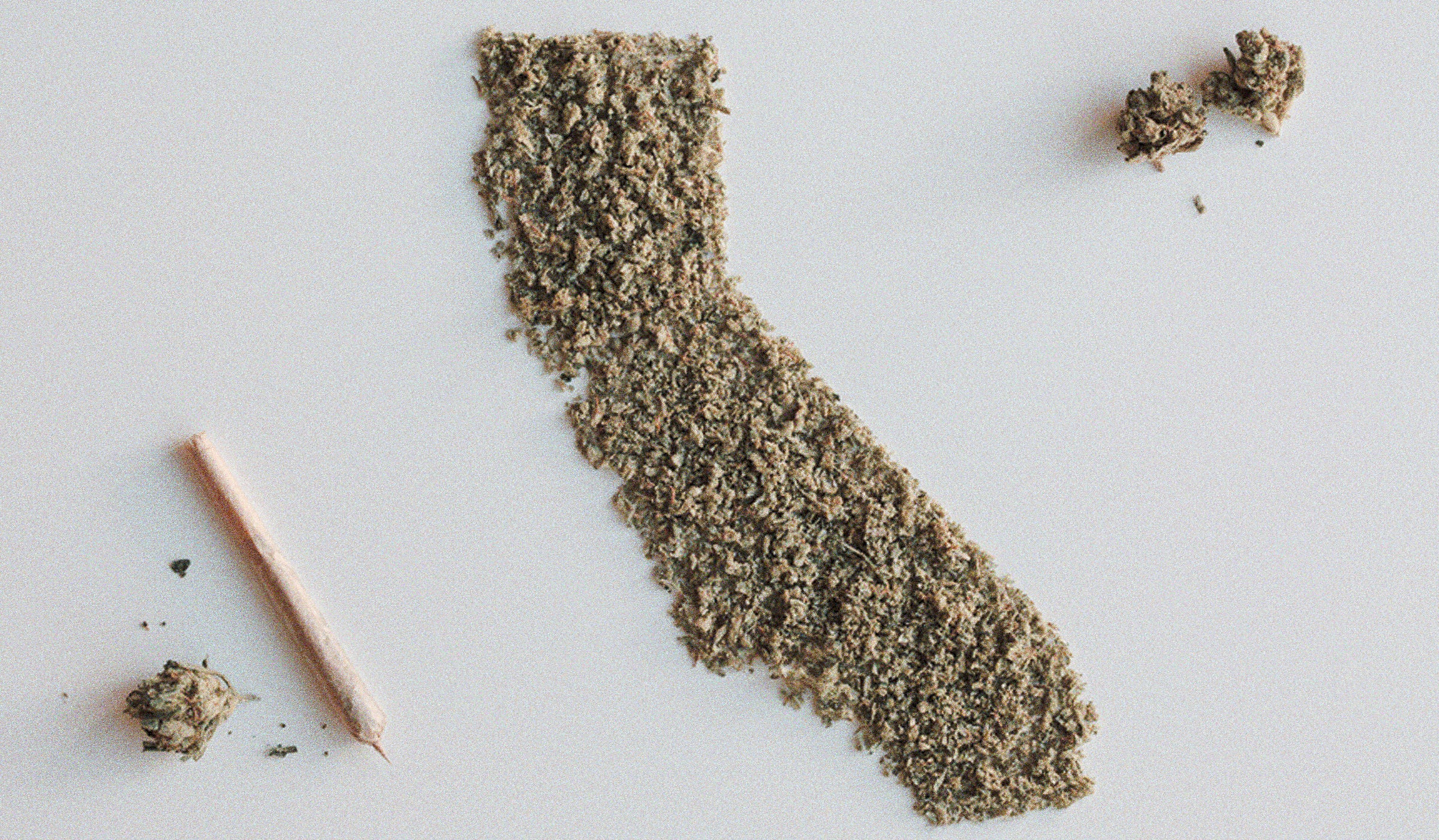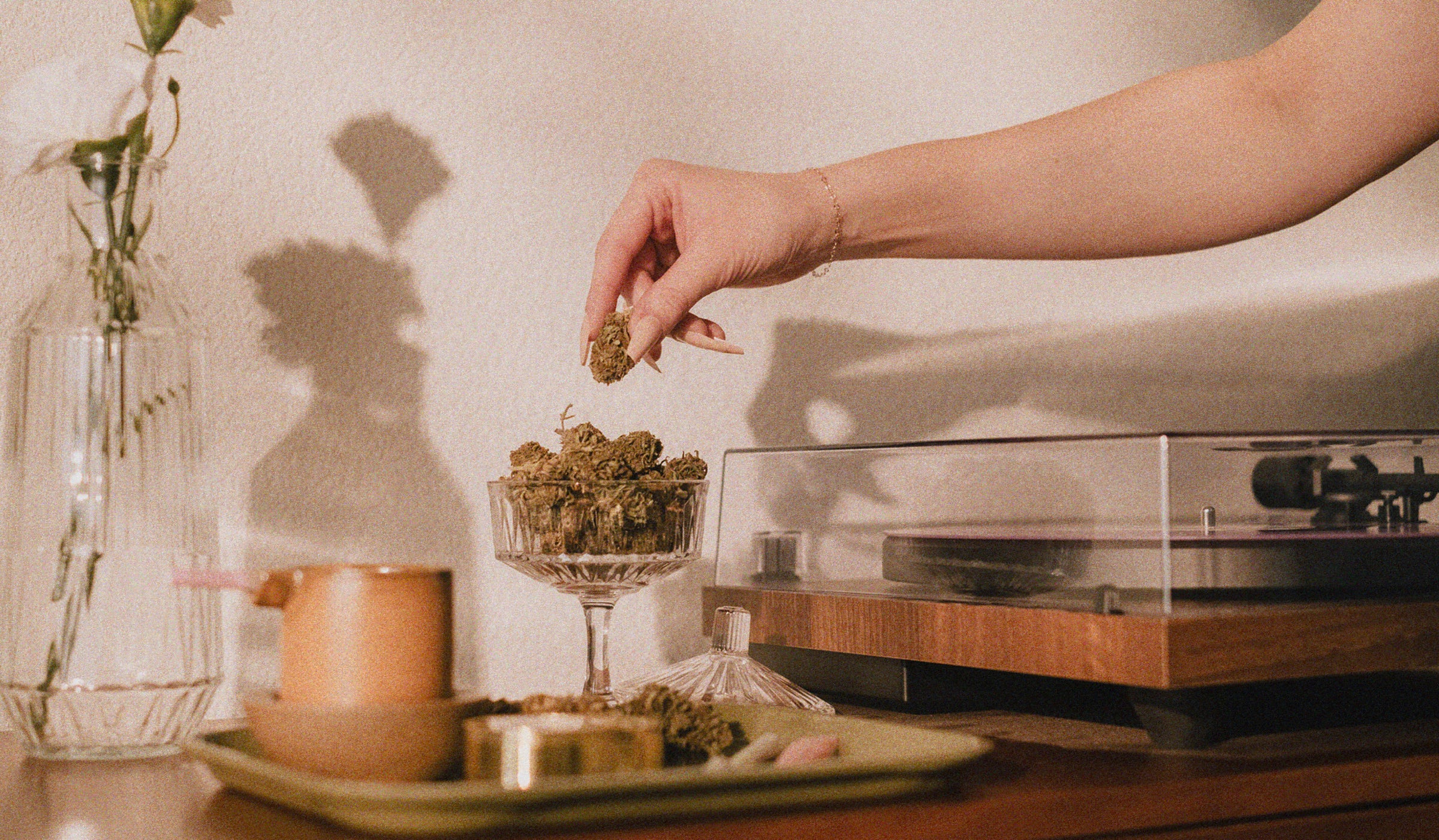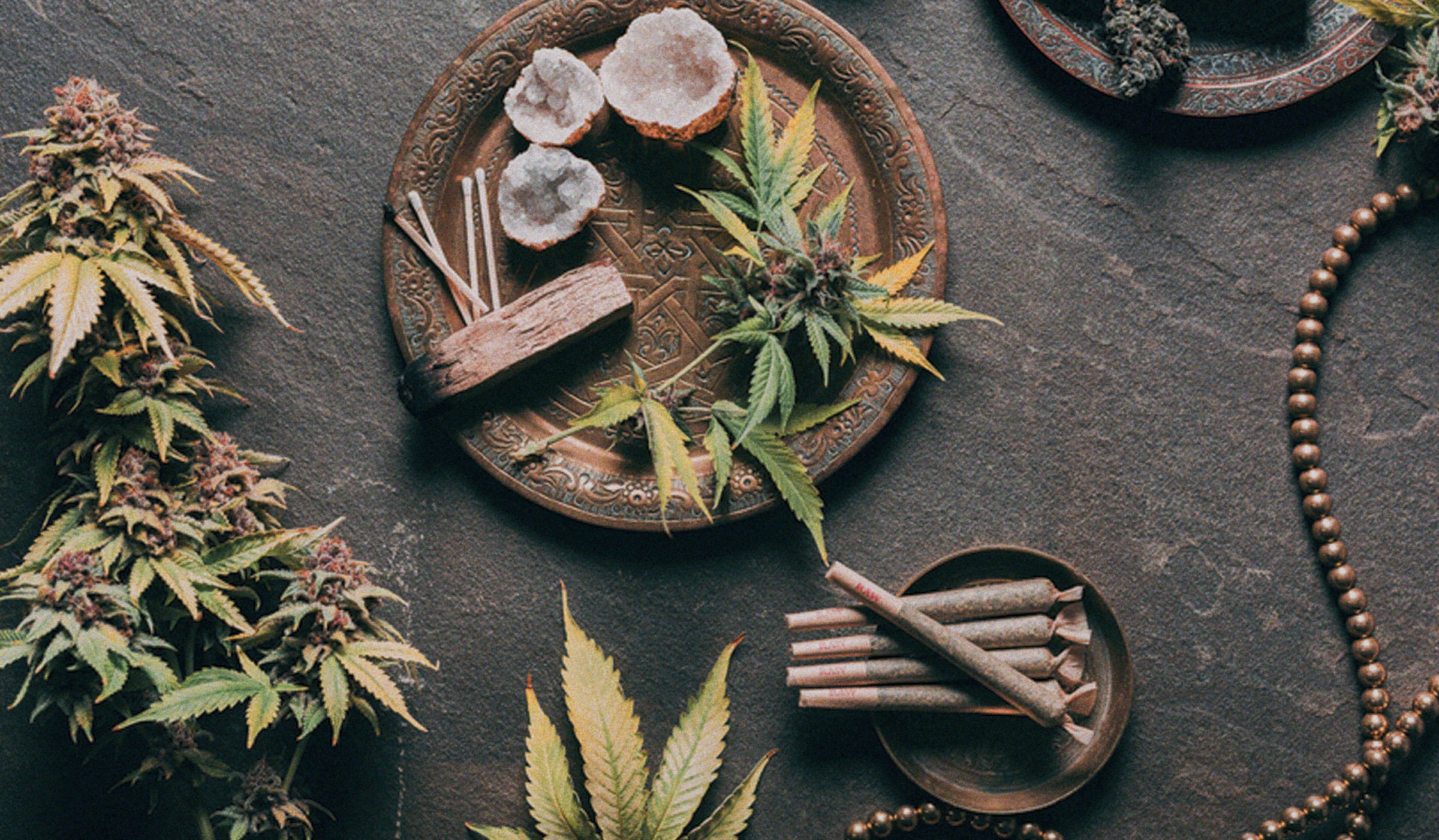When looking at the ingredient list or active compounds of your cannabis product, you’re likely to see the acronym THC. In fact, you might know a bit about this cannabinoid as it’s one of the more widely known. But what exactly is THC? And how does it work? Here, we explain everything you need to know about THC.
What is THC?
Delta-9-tetrahydrocannabinoil (a.k.a., THC) is a compound in cannabis, often referred to as a cannabinoid. It is the primary source of that “high” or euphoric feeling you may get when using cannabis. Because of its psychoactive element, people typically will purchase cannabis based on its THC content—some people will want that high, while others prefer something less psychoactive. Both people need to consider THC content.
THC works by interacting with cannabinoid receptors in our brains and nervous systems which produces that high effect. While everyone responds to and metabolizes cannabis and THC differently, typically the more THC content in a cannabis product, the more intense those psychoactive effects. (Though of course this can always be enhanced or tempered by the other compounds present in the product.)
How is THC different from CBD?
CBD might be the other cannabis-related acronym you’re familiar with when it comes to marijuana. Cannabidiol (a.k.a., CBD) is the other well-known compound found in most cannabis products and it differs from THC, most obviously in its lack of psychoactive effects; CBD will not get you high. It’s also considered to be better tolerated than THC because it has no psychoactive element and is therefore more widely used.
Because of this main difference (psychoactive versus not psychoactive) there are some differences in how THC and CBD are legally accepted (make sure to check your country or state-specific regulations), though both are used medically. THC has shown potential for pain management, nausea and appetite stimulation while CBD is used more to address anxiety, inflammation and chronic pain.
How long does THC stay in your system?
Unfortunately, there’s no foolproof way to determine how long THC will stay in your system. It depends on the delivery system (how you take THC) your metabolism (how fast it moves through your system) and how much and how often you take it. When it comes to gauging how high you want to feel, as with all cannabis products, it’s best to start low and go slow, so you can determine the correct dosage for yourself and increase as needed for your desired effect. If the concern is more about THC being detected in your system, again, there are no super clear guidelines. THC can be detected in a blood test from a few hours to a few days after use, while in urine it can be detected anywhere from one to 30 days after use (the higher end of that range is usually due to habitual cannabis use).
How much THC is in a joint?
The amount of THC in any cannabis product can differ widely from delivery system to delivery system and brand to brand. It’s important to familiarize yourself with product labels, and talk to your budtender if you have any concerns about the amount you may be consuming.
Can you have too much THC?
It is extremely unlikely to overdose on THC (especially with the definition of overdose as we know it—there are no documented deaths related to THC).
But, it is possible to consume too much THC, but this is largely a personal evaluation of how you feel when taking it. While some will relish the euphoria of a high, others may tolerate it less well. Consuming too much can create stress or be uncomfortable for some users, and some will anecdotally report an increased heart rate or heavy breathing (similar to a panic attack) and nausea.
If you do find yourself reacting badly after taking too much THC, it’s best to stay calm and work through it—deep, slow breathing, drinking water and going somewhere you are more comfortable can all help quell any negativity in your experience.









